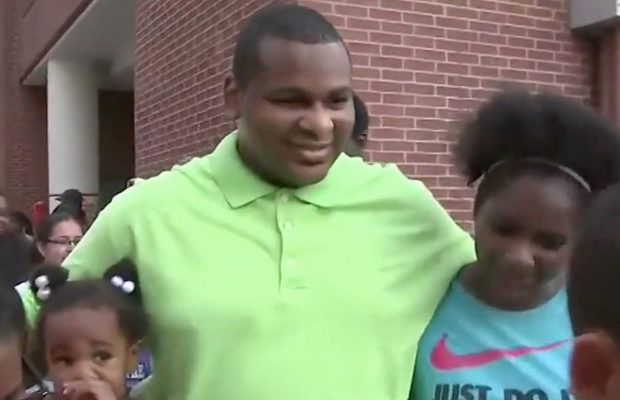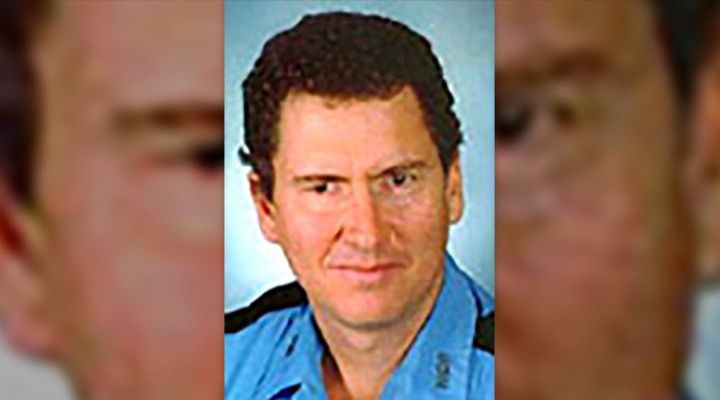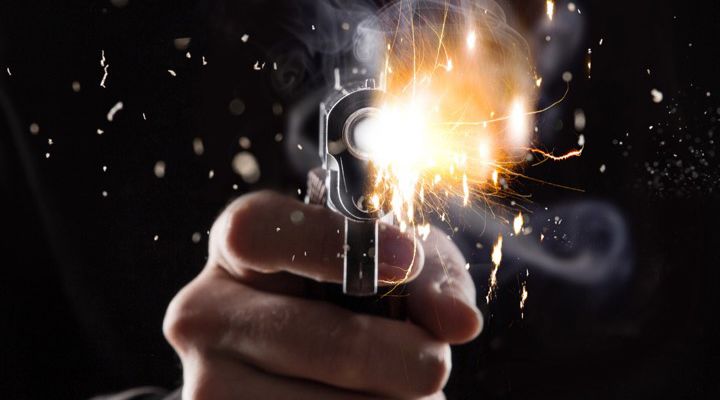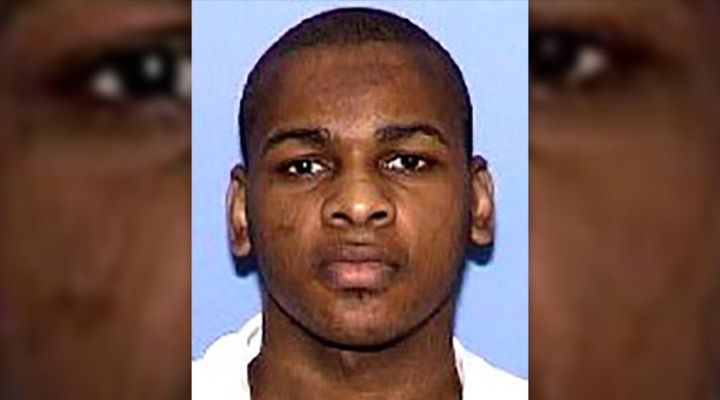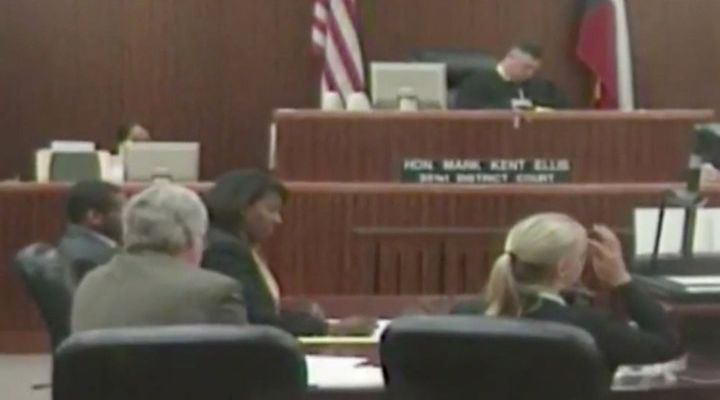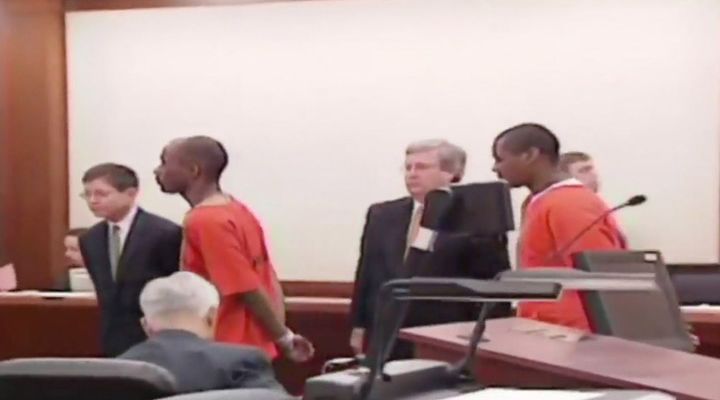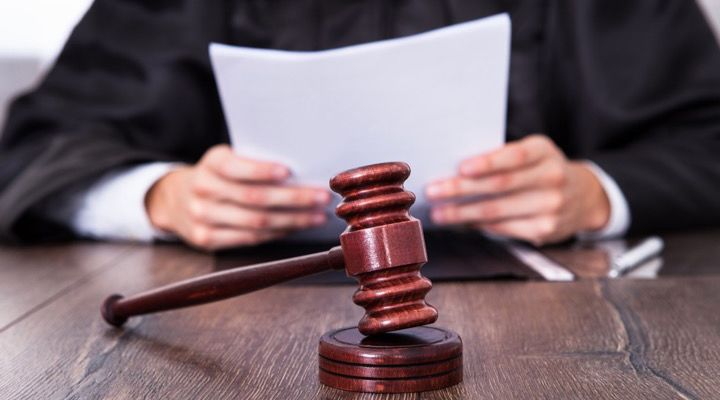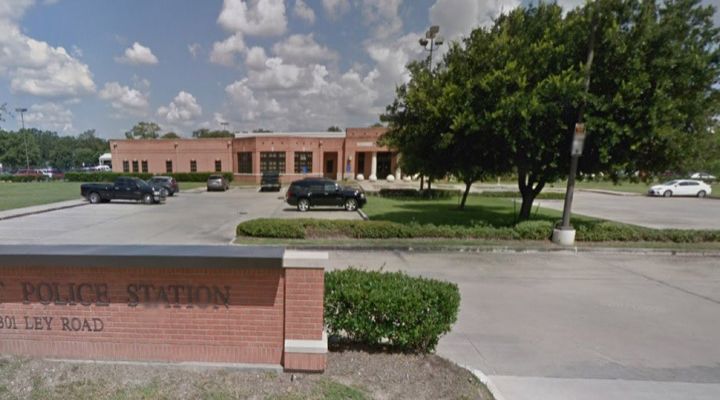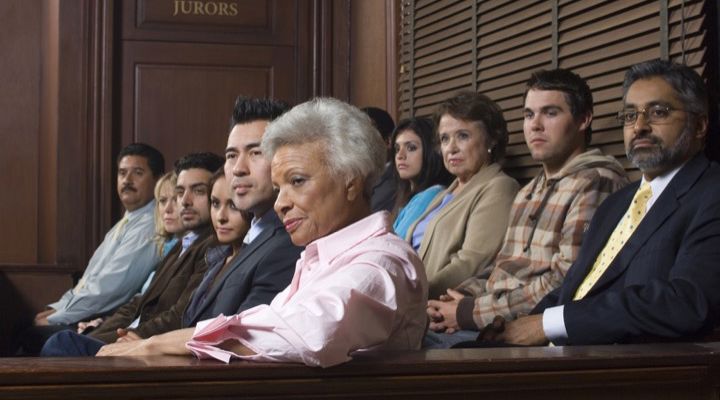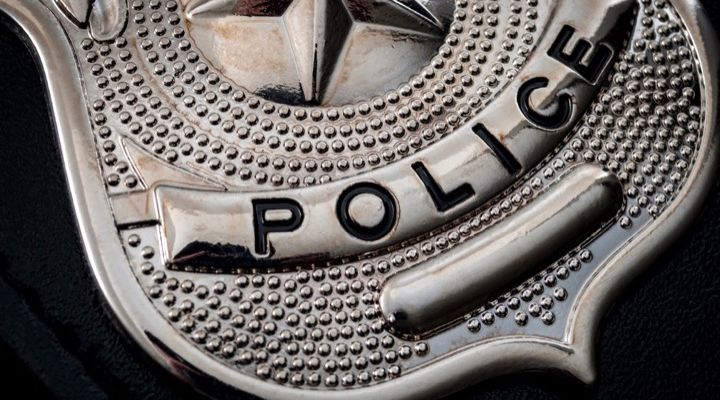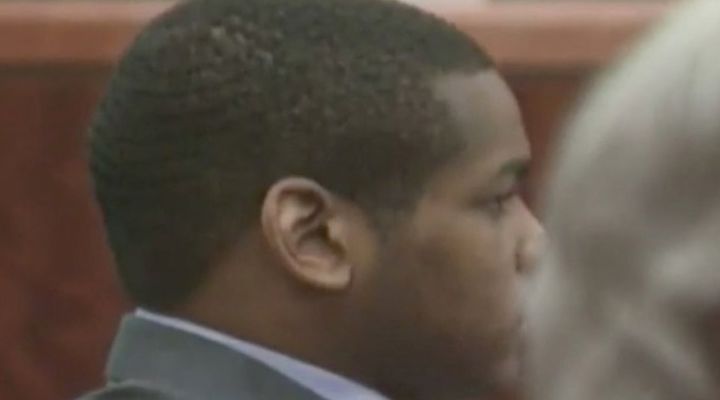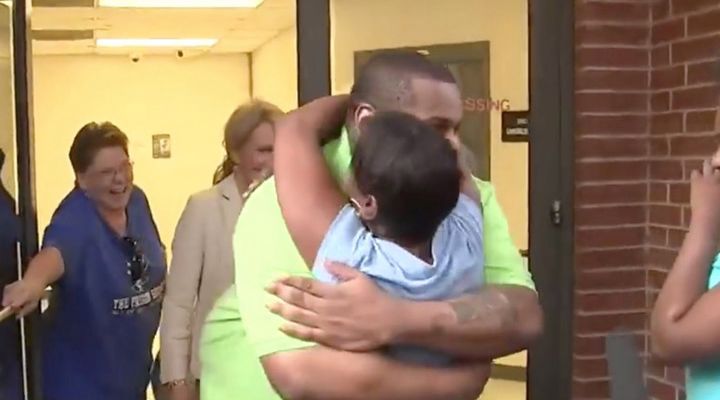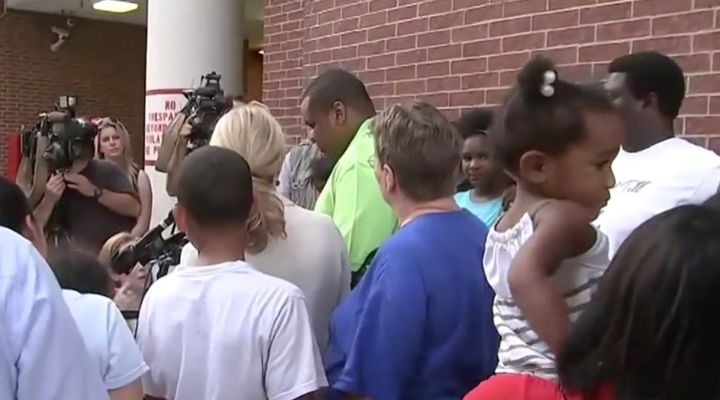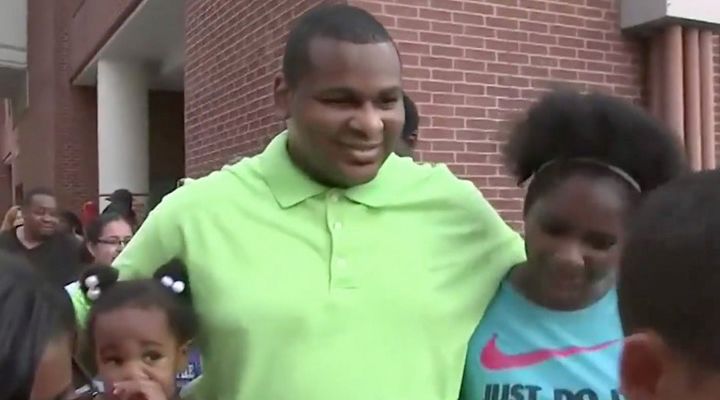Justice is not always as cut-and-dry as it appears on the surface. It should be, we’d like it to be, but it isn’t. Many of the problems inherent in our systems of justice lie in humanity itself. By-and-large, human beings are self-serving and opinionated; neither of these works to the cause of justice.
A recent case from Houston, Texas, shined a particularly grim light on these types of situations. Alfred Dewayne Brown was in serious trouble. He was wanted for robbery and murder and they wanted to put him to death for it…
A Routine Robbery
In 2003, Houston Police Officer Charles R. Clark responded to a silent alarm at a check cashing store on South Loop East in Houston, Texas. Officer Clark was there within four minutes, but it appeared that his promptness would end up being his downfall. As soon as he entered the store, the suspects opened fire.
Struck Down
Officer Clark was struck in the shoulder but did not fall. Instead, he moved to return fire. Unfortunately, his service weapon jammed after the first shot. He called for assistance but as he did so, one of the three assailants shot him in the head execution style. The three men then executed the female store clerk and fled into the night.
Apprehension
The following day, all three men were located and apprehended. One of those men was Alfred Dewayne Brown. During his subsequent trial, Brown maintained that he was at his girlfriend’s house at the time of the murder and that he had even made a landline call from there during that time. Nevertheless, no record of that call was ever presented at trial.
Key Witness
The problem lay in the fact that there was no physical record of this call, at least as far as prosecutors and Brown’s defense attorney were concerned. The fact that he was at his girlfriend’s house was Brown’s only concrete alibi and his only key witness was Ericka Jean Dockery, his girlfriend at the time. He also claimed to have called her work from that house earlier that day too. Unfortunately for Brown, there were issues with this alibi.
Changing Tunes
In the beginning, Dockery supported Brown’s story. But things switched after some rather aggressive questioning from the Harris County grand jury. Some threats were apparently made against Dockery and she had no choice but to change her story. She shifted over to being a key witness for the prosecution rather than one for the defense.
Lack of Evidence
Despite the fact that there was no physical evidence linking Brown to the crime, there was also no physical evidence that supported Brown’s alibi either. Dockery’s change of heart made all the difference and in the end, Brown was convicted and sentenced to death for the murders. As he languished on death row, his lawyer continued to fight for him.
Fighting for Dewayne
Brown’s attorneys worked to compile a laundry list of evidence that indicated the murder had to have been committed by someone other than Brown. Their evidence linked to another man with a history of robbery and connections to the other co-defendants in the trial. Yet, a 2008 motion to test this alleged suspect’s DNA was never carried out, and Brown remained sentenced to die.
Phone Records
Seven years after the sentencing, before Brown was set to be put to death, a phone record confirming Brown’s story was discovered. There was evidence that Brown had indeed called Dockery’s work from her apartment but the defense had never seen it. The prosecution, however, had known about it the whole time.
Detective’s House
The phone records had apparently been found in the garage of detective Breck McDaniel, one of the officers involved in the original trial. Brown’s attorneys were completely shocked. Not only had the prosecution overtly withheld information, but they had also “lost it” at the home of one of the deceased officer’s colleagues.
A Grim Discovery
Something wasn’t right and Houston Chronicle columnist Lisa Falkenberg was about to blow the whole thing wide open. Looking deeper into the case, Falkenberg discovered that the manipulations against Brown ran even deeper. One of the culprits of this gross miscarriage of justice happened to be the foreman of the grand jury that had questioned Dockery.
The Video
Illicit Connections
That foreman, a longtime cop with the Houston Police Department, had browbeaten Dockery into changing her testimony by threatening jail time due to perjury and the loss of her children. He wasn’t the only former member of law enforcement on the grand jury either. This other former juror also allegedly served on at least nine other grand juries.
A Long-Standing Issue
These two weren’t the first cops to regularly serve on Harris County juries. Falkenberg also discovered that there were some troublingly close links between those grand juries and local law enforcement. How was Brown supposed to get a fair trial for his alleged murder of a police officer, if that officer’s fellow policeman were weighing in on his fate?
Stacked Juries
The reason for all this close-knit connection between Harris County juries and law enforcement was due to an antiquated method of selecting grand juries called the key-man system. This system essentially allows prosecutors to stack juries with people who tend more towards pro-law enforcement and pro-prosecution.
One Holy Case
If this key-man system sounds patently unfair, that’s because it is. Brown could never have gotten a fair shake within an environment like that. The case against him had more holes than a slice of Swiss cheese. One of those holes was caused by the lead prosecutor himself, a man who withheld evidence for nearly 10 years.
Prosecutorial Misconduct
Not only did Harris County prosecutor Dan Rizzo withhold evidence for a decade while a wrongly-accused man waited for death, but he also lied under oath. He denied that he had any information supporting Brown’s original alibi, which was proved to be false once they located the phone records at detective McDaniel’s house.
Original Statement
He didn’t deny it only once either, Rizzo denied it multiple times. In a sworn statement from 2008, Rizzo reaffirmed that he had not withheld any telephone records that could have been used in Brown’s defense or in proving his innocence. Brown’s appeals soon gained further consideration.
Sharp Contrast
Brown was no longer in danger of being executed because all of Rizzo’s countless denials amounted to little in the face of the newly-discovered phone records. There is even evidence that a detective told Rizzo about the presence of these records in 2003 and that the former prosecutor just chose not to disclose that discovery to the defense.
Dismissed
Eventually, Harris County prosecutors announced that all charges against Alfred Dewayne Brown had been dropped. He was exonerated and summarily released from prison. Since then, Texas even passed laws eliminating the unjust key-man system. That way, innocent men and women need not worry so much about overt juror bias.
The Right Thing
District Attorney Devon Anderson released a statement about the dismissal. “After very careful consideration, I have decided that at this time, there is insufficient evidence to corroborate the testimony of Brown’s co-defendant. Accordingly, we dismissed Alfred Brown’s capital murder case earlier today,” he said, finishing with a poignant “It is the right thing to do.”
One of a Few
Alfred Dewayne Brown is the 154th person exonerated from death row since 1973 and happens to be the 13th in Texas. Recent years and new crime investigation techniques have made this a common occurrence and we can only hope that as these methods improve, justice can be served in a more just manner.
